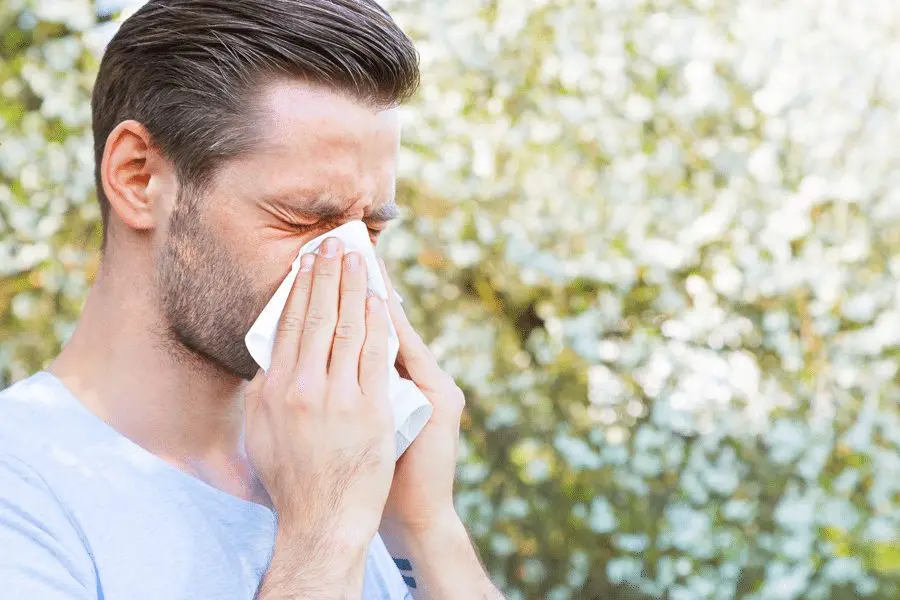Allergies are a common health problem that affects millions of people worldwide. They occur when the body’s immune system reacts to substances that are usually harmless, such as pollen, dust, or certain foods. These reactions can cause a range of symptoms, including sneezing, itching, congestion, skin rashes, and even more severe responses in some cases. Fortunately, proper allergy treatment can help manage these symptoms, improve overall health, and enhance daily life.
Understanding Allergy Treatment
Allergy treatment is designed to reduce or prevent the body’s reaction to allergens. Treatment options vary depending on the type and severity of the allergy. They can include medications, lifestyle changes, or more advanced therapies. The main goal of allergy treatment is to help the immune system respond more appropriately, reducing uncomfortable and potentially dangerous symptoms.
Medications for Allergy Relief
One of the most common forms of allergy treatment involves medications. These can include antihistamines, which block the chemical histamine responsible for many allergy symptoms. Decongestants are also used to relieve nasal congestion, while corticosteroids can reduce inflammation in more severe cases. For individuals with skin reactions, creams or ointments may be prescribed to soothe irritation.
Using medications as part of allergy treatment can significantly improve comfort and quality of life. When taken correctly and under the guidance of a healthcare professional, these medicines help prevent allergic reactions from becoming severe and allow individuals to carry out their daily activities without constant discomfort.
Allergy Shots and Immunotherapy
For those with persistent or severe allergies, allergy treatment may involve immunotherapy. This therapy gradually exposes the body to small amounts of the allergen over time, helping the immune system build tolerance. Allergy shots, or subcutaneous immunotherapy, are a common method, and there are also sublingual options, where the allergen is placed under the tongue.
Immunotherapy can provide long-term relief and may even reduce the need for daily medications. It is particularly useful for people allergic to pollen, dust mites, pet dander, or insect stings. By gradually training the immune system, allergy treatment through immunotherapy can lead to fewer symptoms and an improved overall quality of life.
Lifestyle Changes to Support Allergy Treatment
In addition to medical approaches, lifestyle adjustments can play a key role in managing allergies. Simple changes such as keeping windows closed during high pollen seasons, using air purifiers, regularly cleaning living spaces, and avoiding known allergens can greatly reduce exposure and lessen symptoms.
Diet and exercise may also support overall immune health. Some studies suggest that a balanced diet rich in vitamins and minerals can help strengthen the body’s natural defenses. Combined with medical treatments, these lifestyle changes enhance the effectiveness of allergy treatment and contribute to better overall health.
Monitoring and Preventing Allergic Reactions
Effective allergy treatment also involves monitoring symptoms and understanding triggers. Keeping a diary of when symptoms occur can help identify specific allergens and guide treatment decisions. Early intervention and consistent management can prevent minor allergies from escalating into more serious health problems, such as asthma or sinus infections.
Working closely with a healthcare professional ensures that allergy treatment is tailored to individual needs. Regular check-ups and adjustments to treatment plans help maintain long-term relief and promote a healthier lifestyle.
Improving Health and Daily Life
The benefits of allergy treatment extend beyond symptom relief. When allergies are managed effectively, individuals experience better sleep, increased energy levels, and improved overall well-being. Daily tasks become easier, and the risk of complications from untreated allergies decreases.
Allergy treatment empowers individuals to live more comfortably and actively. It reduces the impact of allergens on physical and mental health, making everyday life more enjoyable and productive.
Conclusion
Allergies can significantly affect health and quality of life, but proper allergy treatment offers a pathway to relief and improvement. From medications to immunotherapy and lifestyle adjustments, various strategies are available to manage symptoms effectively. By understanding and following an appropriate treatment plan, individuals can reduce the burden of allergies, prevent complications, and enjoy a healthier, more comfortable life.


